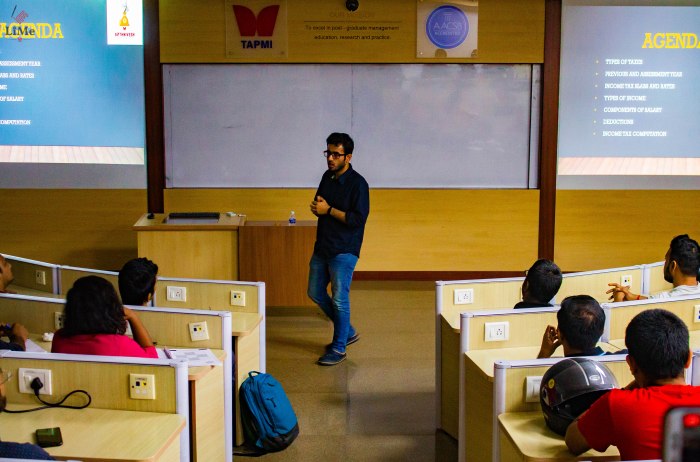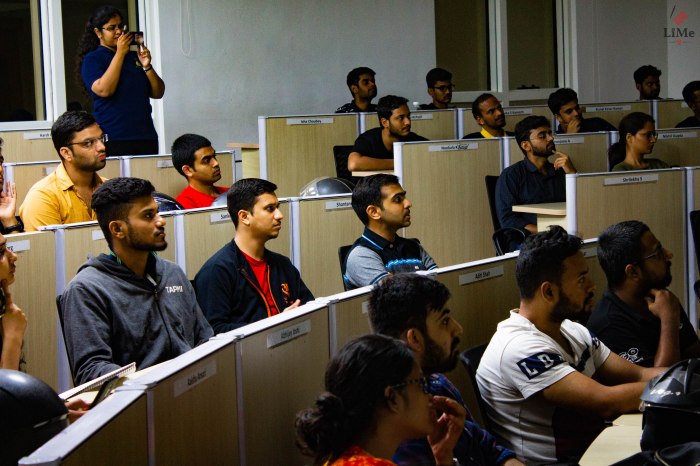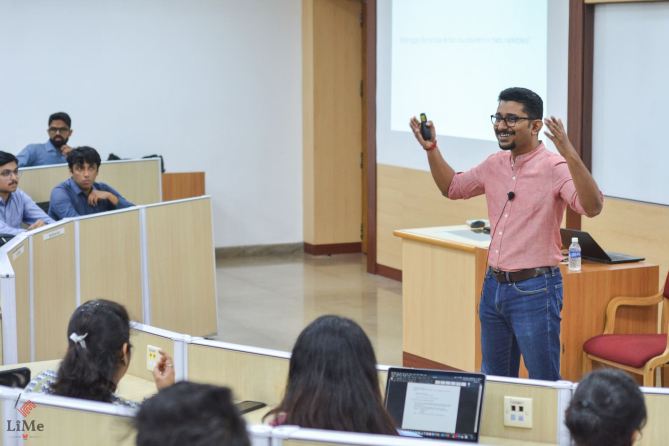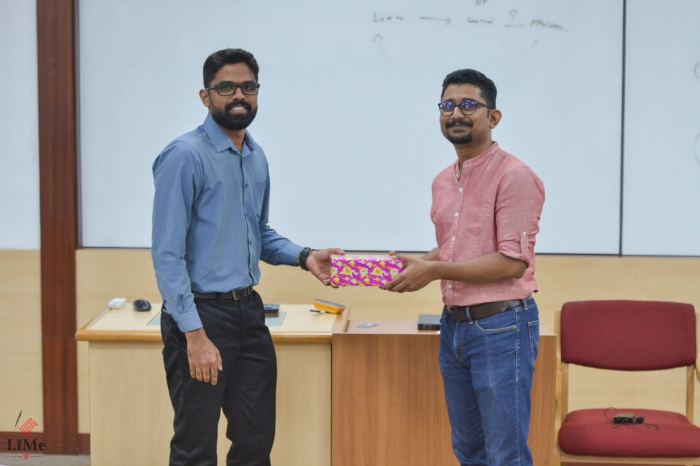On January 18, 2020, Dr. Hersh Shefrin , Mario Belotti Chair, Department of Finance at Santa Clara University’s Leavey School of Business, delivered a lecture on “Climate change and severe bounded rationality.” Dr. Shefrin began with the two schools of thought that exist about the concept of bounded rationality and raised questions on what are the cues that can help us in decision-making. He started with the science of climate change and the complexities involved in studying radiation, the greenhouse effect, and our understanding of it. He shared examples of few examples where research work predicted the severity of climate change that we are observing now. Dr. Shefrin discussed the relationship between climate change and economics. He explained the sources of climate change and the dangers of having a fossil fuel-based economy. Dr. Shefrin also narrated a few examples of climate change impact on the insurance market and discussed how climate change could be leveraged from a business perspective. He also discussed the political response to climate change detailing how the understanding is manipulated by words and recognitions heuristic could be used to build a better understanding. For example, the shift from the word “Global Warming” to ” Climate Change” among others may influence the understanding of the severity of climate change. Dr. Shefrin concluded by stressing that awareness with proper information is the key and a well-structured carbon taxation policy will be required to address the issue of climate change.
Dr. Dirk U. Wulff, a research scientist at the University of Basel, began his session by talking about search and its complexities. He explained the value function curve and prospect theory by Kahneman and Tversky. Dr. Wulff than moved on to the central theme “Description-experience gap” by engaging the participants in an activity. He used the activity to explain the robustness of the gap and how choice differs in description and experience situations. He explained that small samples, recency, and probability weighting are the three reasons for this gap, and discussed each in detail. He also identified the moderators to this gap- the problem structure and the probability of the rare event. Dr. Wulff concludes that the gap is robust, the largest drive is the sampling error, but there is a gap beyond sampling error. Recency is robust, but it may not contribute to the gap. He also further discussed the drivers of “search.” Dr. Wulff concluded that people’s exploration is highly complex, and some behavior is reflective of high order learning about the environment they are in.
Dr. Sumitava Mukherjee, Assistant Professor, Department of Humanities and Social Sciences, IIT Delhi, delivered a lecture on “Measuring prospective experiences about gains and losses.” He deliberated we have different feelings about the same losses and gains. To accommodate these feelings there are different theories that shape value function for different gains and losses. Dr. Mukherjee discussed the prospect theory developed by Kahneman and Tversky. An important component of this theory is the loss aversion concept connected with the fact that losses loom larger than gains. He explained that loss aversion is very important and has many real-world applications. But there is evidence that does not support it. For example, for small gains and losses, we observe the opposite results. Dr. Mukherjee argued that one possible explanation could be the use of different scales for feelings measurement (bipolar, unipolar and comparative). Dr. Mukherjee concluded by demonstrating that loss aversion is observed only for high amounts for all scales. He determined for price changes with provided reference point we do not observe loss aversion at all. Some examples from the real-world also don’t provide evidence for loss aversion.
Later, in the afternoon, Dr. Dirk U. Wulff conducted an interactive and creative workshop. He used the workshop to build on the topics covered in his earlier lecture. Dr. Wulff introduced the participants to a simulation where they controlled various parameters like sample size, coefficients of loss-aversion, recency preference, noise, etc. to minimize mean square error for a hypothetical dataset. He used the results to explain that there is a preference for small samples, neutral value function, neutral probability weighting which causes the gap. Dr. Wulff argued that experience triggers more accurate judgments than descriptions of the phenomenon, and hence people prefer experience over description.



